Political deadlock in Chisinau
Romania is concerned about the political crisis in neighbouring Republic of Moldova, an ex-Soviet state with a majority Romanian-speaking population.

Bogdan Matei, 12.06.2019, 13:50
Partly established on former eastern
Romanian territories annexed by the Soviet Union in 1940 through an ultimatum,
the Republic of Moldova has always had a special place on Bucharest’s agenda.
When Chisinau proclaimed its independence on the 27th of August 1991
after the failure of the neo-Bolshevik coup, Romania was the first country in
the world to recognise its independence. For the following almost three
decades, Romania has been the most energetic and constant supporter,
politically, diplomatically, and financially, of Moldova’s sovereignty and
independence and its aspirations for European integration. It is therefore
natural and legitimate for Romania to feel concern about the unprecedented
political deadlock in Chisinau, where two governments contest each other’s
legitimacy and accuse each other of a coup d’état.
The Romanian Parliament will meet
next week to discuss the latest developments in Moldova. After talks with
president Klaus Iohannis, prime minister Viorica Dancila has announced the
creation of a committee made up of representatives of all decision-making
bodies, including the president’s office, which will allow for the presentation
of a common position vis-à-vis
the situation in the neighbouring country. In the meantime, the authorities in Bucharest
have called for calm in finding a peaceful solution to the crisis. In Romania’s
view, in a democratic state, the will of the people as expressed in elections
and reflected in the Parliament’s make-up, is the only means to ensure a
legitimate political process. Romania wishes to continue the strategic
partnership for the European integration of the Republic of Moldova, which
forms the basis of bilateral ties, and hopes that the authorities in Chisinau
will strictly adhere to this partnership and pursue their European path in a
firm and constant manner, by implementing the association and free-trade
agreements signed with the European Union and the needed reforms that would
bring the country closer to Europe. Bucharest also views as very important Moldova’s
clear commitment to the cooperation projects carried out together with Romania.
The foreign ministry in Bucharest is also considering the possibility of street
protests taking place in the Republic of Moldova and has recommended Romanian
nationals travelling there, especially to Chisinau, to avoid crowds and demonstrations.
Meanwhile, the new parliamentary
majority in Chisinau formed by the pro-Russian Socialists and the pro-European
right and which has appointed the Maia Sandu government, has adopted a series
of laws meant to rid the country of oligarchs, a legislative package that
targets the regime’s strongman, Vladimir Plahotniuc. The incumbent government,
on the other hand, which is controlled by Plahotniuc and led, in name, by Pavel
Filip, has held a meeting of the committee for exceptional situations. Ordinary
citizens, quoted by the media, are left with nothing to do but make fun of the
situation, saying we’ve got two governments, in case one of them breaks down.






























